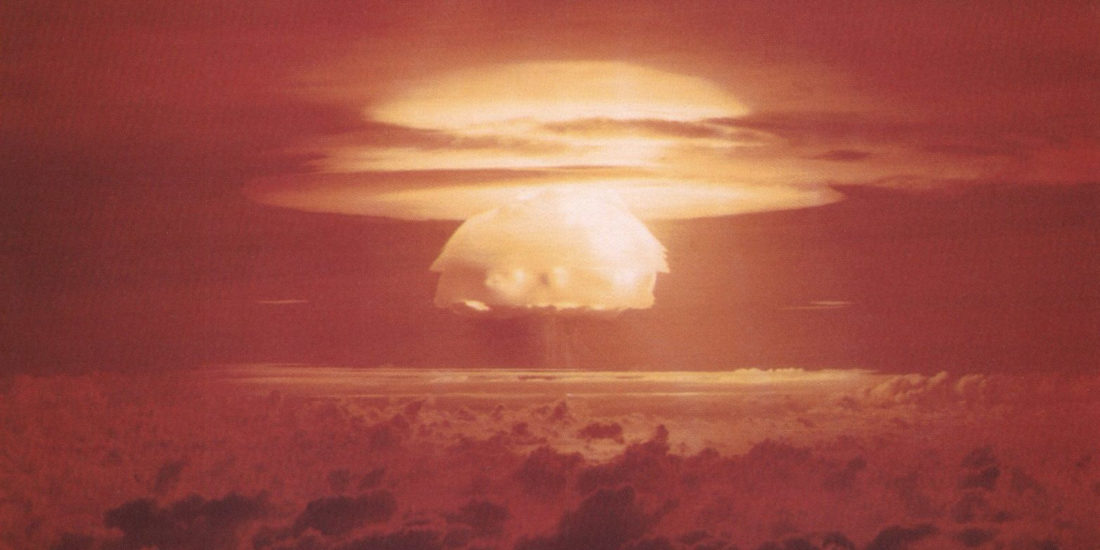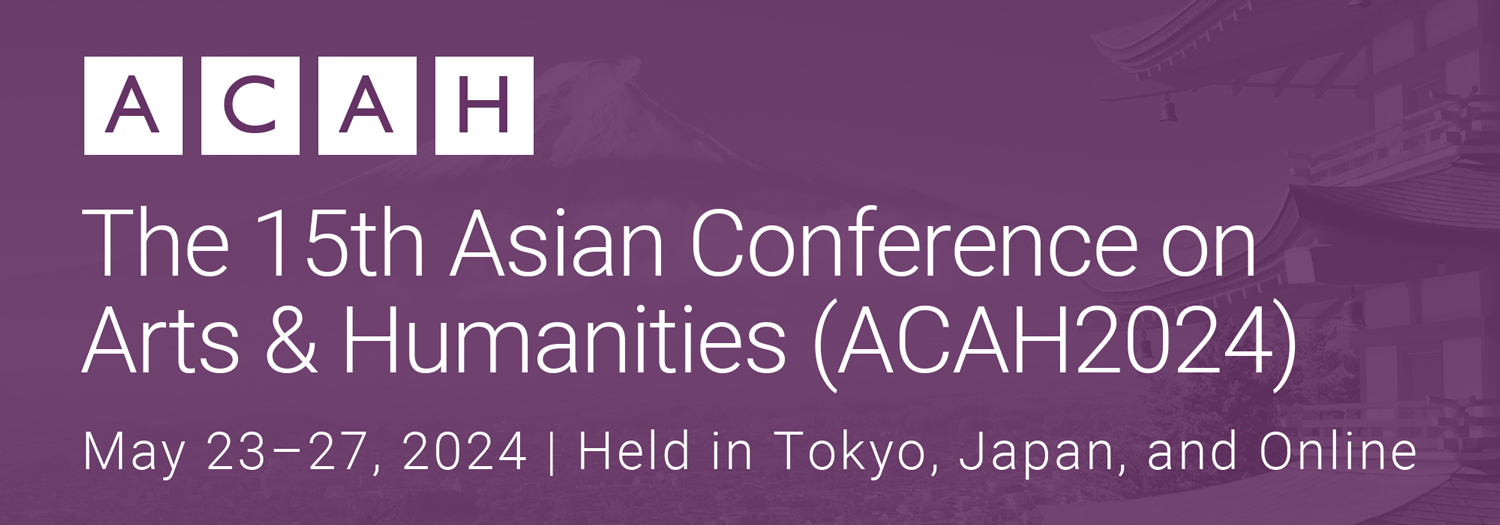An English poet, critic and editor of the “liberal” magazine Encounter, Stephen Spender was involved in the debate over Poems of Deadly Ashes (Shi No Hai Shishu). This was a 1954 anthology of Japanese poems written after the Lucky Dragon incident (1954) in which many Japanese fishermen were exposed to radiation due to USA’s Castle Bravo (H-Bomb) operation in Bikini Atoll and one of them subsequently died. Interestingly, one of Spender’s Japanese friends told about the publication of the anthology, and he wrote an article entitled “War, Peace and Poetry” in which he expressed his sympathy for the Japanese contributors who created poems in response to the victim of the incident but asked them to control their desire to speak publicly about the incident. As Akio Nosaka (2017) points out, Spender’s essay was quickly translated into Japanese and the translation was published in several Japanese poetry magazines to be read widely among Japanese readers who were interested in the debate over Poems of Deadly Ashes. Nosaka’s article is indispensable in order to understand the clandestine relationships between Spender and those who welcomed his essay among Japanese society in 1950’s, but it is not sufficient particularly in terms of what Spender did think and write about poetry and politics in his longer essays and books. My presentation mainly focuses on his important post-war literary criticism The Creative Element (1953), translated into Japanese in 1956 and 1957, so as to clarify his ideas about (Japanese genbaku) poems and politics in the atomic age.
Stephen Spender and Japanese Genbaku (Atomic) Poems in 1950s

